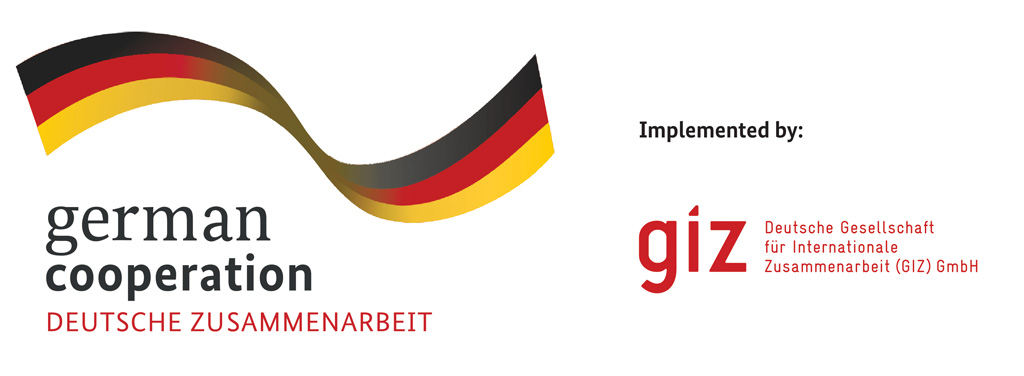On December 10, 2024, a Validation Workshop was held in Tashkent, Uzbekistan.
The workshop was part of the “Climate Risk Management in Central Asia” programme, which is being implemented by the Deutsche Gesellschaft für Internationale Zusammenarbeit (GIZ) GmbH.
The event was moderated by experts from GIZ and the international company NIRAS.
The purpose of the workshop was to review past events and discuss their outcomes.
The first event was the Kick-off Workshop (February 20, 2024), which focused on Climate Risk Assessment (CRA). It featured a presentation on CRA methodology by an expert group, addressing critical issues such as climate hazards, vulnerability to climate change, and disaster exposure in Central Asia. The workshop emphasized the importance of stakeholder engagement throughout the CRA process and outlined a capacity development program aimed at training regional trainers in key CRA areas. This initiative is designed to enhance local expertise in climate risk assessment. The workshop underscored the need for a collaborative approach in developing effective solutions for climate resilience in the region.
The next series of workshops were the Climate Risk Assessment (CRA) Country Workshops, held from April to May 2024 across five Central Asian countries: Kazakhstan, Kyrgyzstan, Tajikistan, Turkmenistan, and Uzbekistan. These workshops aimed to mobilize national and local stakeholders to address the challenges of climate change within their respective water basins. Participants engaged in meaningful dialogue to establish a cohesive strategy for advancing Climate Risk Assessment while identifying key stakeholders for a Training of Trainers (ToT) program. Key outcomes included the identification of priority hazards, their impacts on vulnerable sectors and groups, and the importance of collaboration among stakeholders to implement effective adaptation measures. Overall, these workshops fostered a unified approach toward enhancing climate resilience in the region.
The Training of Trainers (ToT) Workshop, held from June to September 2024, empowered participants with essential knowledge and tools to address climate change challenges. Through comprehensive training and practical exercises, participants not only honed their training delivery skills but also emphasized the significance of gender roles and the needs of vulnerable groups in risk management. As certified regional trainers, they are now positioned to foster a collaborative approach to climate adaptation and enhance the region’s resilience to climate impacts. In total, 27 selected representatives from ministries, government and scientific institutions, and non-governmental organizations across the five Central Asian countries successfully completed the training and are now ready to share their knowledge in their local communities.
The final series of workshops, the Transboundary River Basin Workshops (June-October 2024), aimed to identify, analyze, and prioritize climate risks across key river basins, including Chon Kemin/Chu, Zarafshan, Isfayram-Say, Shakhimardan, and Murgab, while facilitating collaboration among Central Asian countries. Participants highlighted common climate risks such as water shortages, food security threats, and health impacts, stressing the need for localized adaptation measures. The workshops fostered cross-border cooperation and encouraged stakeholder engagement in developing strategies to address climate vulnerabilities. Ultimately, these efforts are intended to inform national policies and integrate adaptation measures into broader development planning.
The CRM-CA program is funded by the German Federal Ministry for Economic Cooperation and Development and is implemented by GIZ in cooperation with local authorities and regional institutions. Thanks to these joint efforts, Central Asia is making significant progress in mitigating climate risks and promoting sustainable development across the region.












